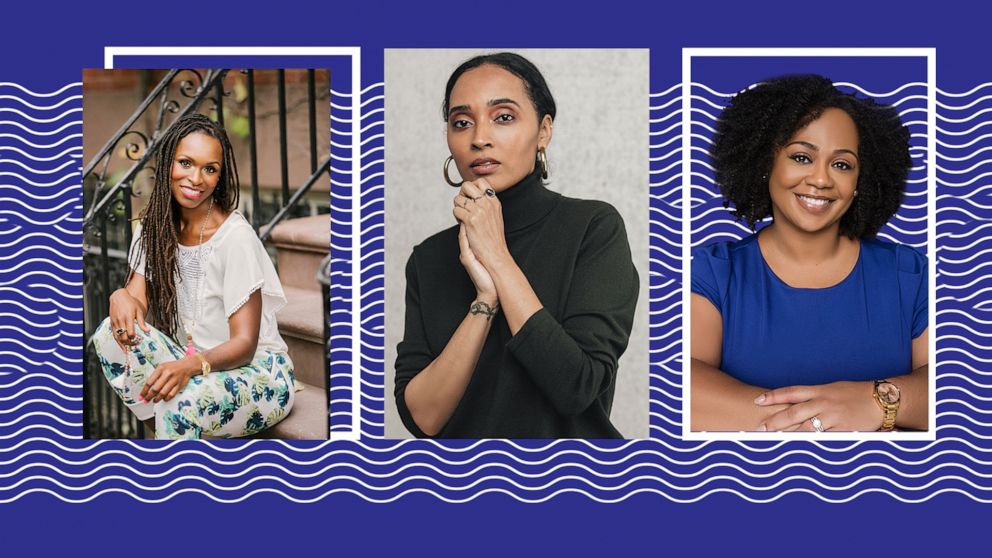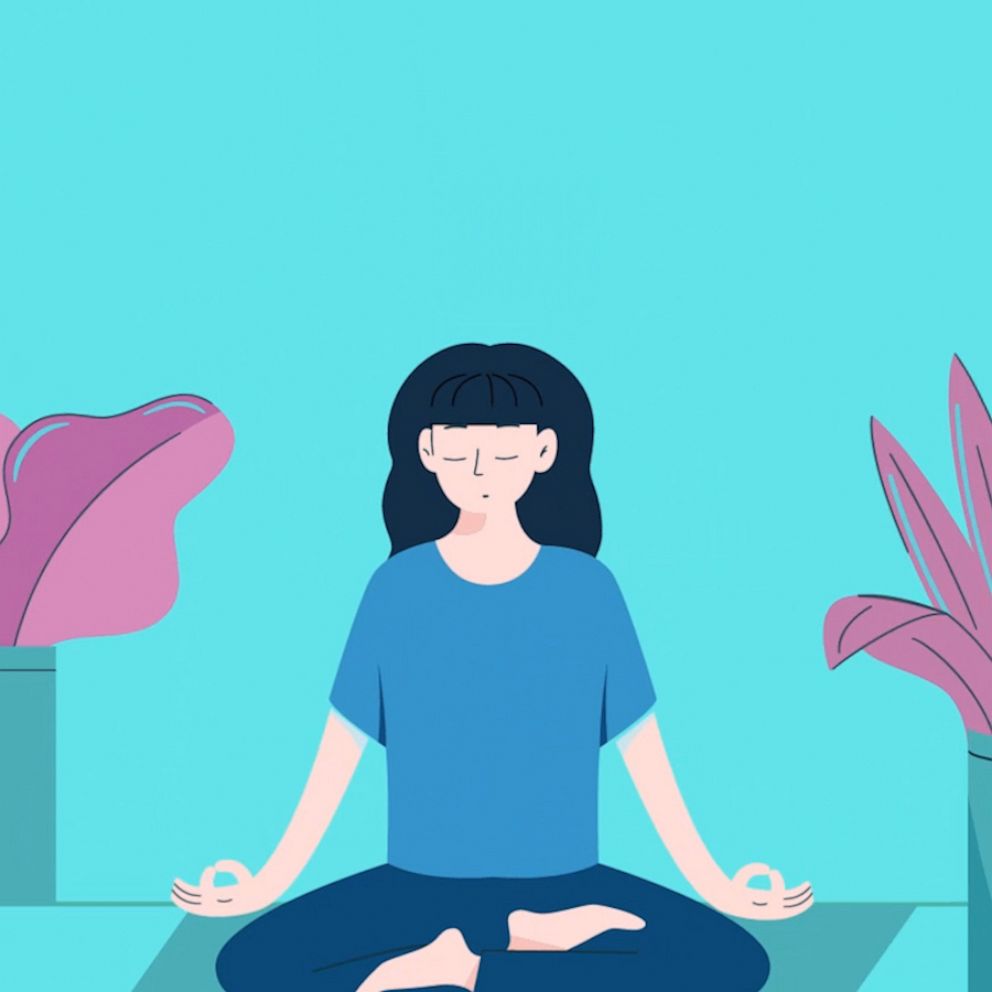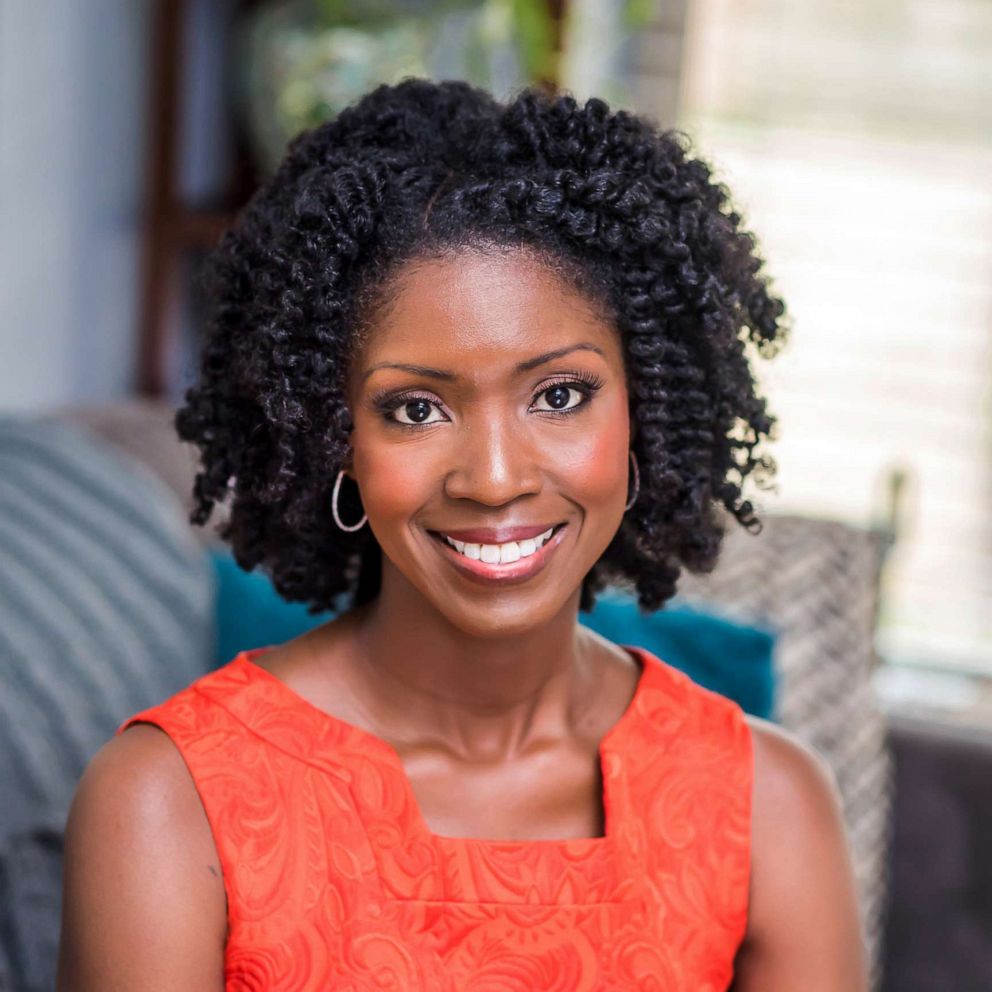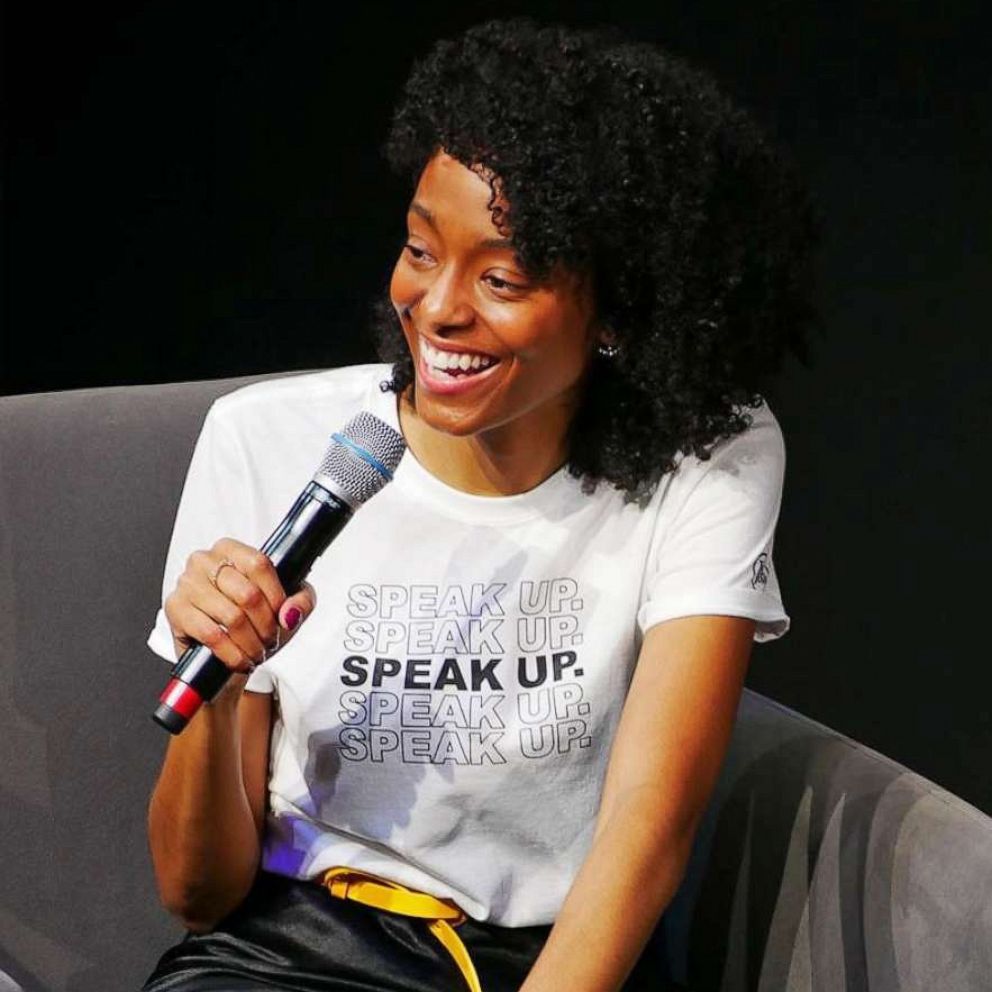Black mental health matters: How to cope during a time of social injustice, according to experts
Experts weigh in on best practices and resources for pouring back into yourself.
Black mental health matters.
To say this is an exponentially tough time for Black people in America would be an understatement -- and that's why protecting the mental health of this community is vital.
The deaths of Breonna Taylor, Ahmaud Arbery, George Floyd and now, Jacob Blake, among countless lives lost at the hands of police brutality -- in addition to simultaneously experiencing a disproportionate rate of deaths from COVID-19 -- have left many people of color fighting through psychological warfare.
"Another viral video surfaced the internet last night of an unarmed Black man named Jacob Blake being shot multiple times in the back by police officers of Kenosha, Wisconsin," @r29unbothered wrote in a post. "#JacobBlake is still alive however the video is daunting on our community!"
During this mental health state of emergency, Black communities are not only protesting, but many are also looking for ways to find peace.
African Americans are 10% more likely to experience serious psychological distress than other races, according to Health and Human Services' Office of Minority Health. Experts agree that these alarming statistics will only increase without elevated access to coping mechanisms.
African Americans are 10% more likely to experience serious psychological distress than other races.
"Self-care is how we take our power back and go farther," Lalah Delia, author of "Vibrate Higher Daily," and a wellness educator, told "GMA."
This is especially true during a time of activism. Delia reflected on how longtime civil rights activists, such as Ericka Huggins and Ruby Sales, have admitted to experiencing burn out in years past.
"They also were moving so fast, and in survival mode, they too burned out without proper care," Delia said.
"This is why pouring into ourselves is vital, especially at this time and in this uprising," she said, adding, "This time, we have wellness awareness and tools to help carry us through."
Mental advocates such as Latham Thomas, who is a doula and founder of wellness platform Mama Glow, as well as psychologist and founder of mental health platform/podcast "Therapy for Black Girls," Dr. Joy Harden Bradford, have also become guiding lights leading the charge in uplifting the spirits of people of color and have provided best practices for surviving through this triggering time.

Finding stillness
For starters, Delia advises that it is important to listen to your body and take time to process everything being experienced. "Allowing ourselves time to be still and fully process is how we access our calm mind as well as access higher solutions," she said. "A calm mind is a powerful mind and tool."
"This is vital, especially in times of challenge, chaos, planning, organizing and uprising," she added. "Spend some part of the day centering into your power. Meditations and breathing practicing are great for this."
There are a wide variety of virtual meditations available for free or at very low cost from Liberate, Insight Timer, Calm, Beditations and more.
Join a safe space or group therapy
"I really love the idea of coming together," said Thomas. "I think that's a great way for people who haven't necessarily gotten their feet wet in therapy to have access to a free source."
She also mentioned that while the coronavirus pandemic has made it difficult to physically come together due to social distancing practices, many group therapy sessions have been moved online.
Therapy for Black Girls is a great place to start. Led by Bradford, this platform offers group-style therapy through Instagram Live and podcasts.
Move mindfully
"One more way to mental relief is to circulate the energy in your body around," said Delia. "Do some type of physical movement in or outdoors. Think of the terms 'walk it off, 'shake it off' or 'dance it out.'"
A message on mental health for Black mothers
Prior to the coronavirus pandemic, Black maternal mortality rates had already risen to four to fives times higher than that of white women, according to the Centers for Disease Control and Prevention. Now, in addition to the disproportionately rising death tolls of Black people due to coronavirus, studies show this could impact that rate even further.
There are also several mothers that fear for the future lives of their Black children and how they will be viewed in the world.
"This is a hot-button issue, but it's not an issue that's going anywhere," said Thomas.
As someone who is also raising a son, Thomas has embraced the importance of reclaiming joy. "I am centering my son's joy, and that is how I'm moving forward in this time," she said.
"I want to talk about joy, I want to talk about what's possible for us, I want to talk about our greatness and our excellence, but I also want to talk about just what it means to reclaim your joy and exist as a Black person in this time," she continued. "That's our birthright."
Breaking historic patterns
"Black people have generationally had to overlook their own emotions, pain, well being, mental health and trauma to take care of white people's feelings," said Delia. "We have had to perform this numbed-strong role for so long that we forgot, or perhaps didn't realize, it was necessary to take care of ourselves first and foremost."
Experts advise that now is really the time to pour back into yourself if you haven't done so in the past, and make time for yourself paramount.
Additional Black mental health resources to follow on Instagram:
DRK Beauty
This digital community's mission is to celebrate women of color in all of their diversity.
The collective recently partnered with actress Cynthia Erivo and began a fundraising campaign to raise $500,000 to continue its mission of providing mental health resources to women of color.
Additionally, DRK Beauty launched an initiative "DRK Beauty Healing" with an aim to bring 10,000 hours of free therapy to women of color in every state to immediately address the access and attention disparity that women of color face within the mental health space.
Black Girl in Om
This platform was created to give Black women a space to breathe easy, and create a world where womxn of color are liberated, empowered and seen.
HealHaus
This wellness concept and cafe offers virtual yoga, meditation, workshops and private sessions.
Black Female Therapists
Consider this your go-to directory for Black female therapists in addition to being an online community focused on mental health and wellness.
Ethel's Club
This is a welcoming social and wellness club designed to celebrate people of color -- online and in real life.
Balanced Black Girl
Balanced Black Girl is a podcast that highlights wellness from a Black woman's perspective.
OMNoire
OMNoire is a social wellness community for Black women and women of color dedicated to living well.
If you are in crisis or know someone in crisis, call the National Suicide Prevention Lifeline at 1-800-273-TALK (8255) or contact the Crisis Text Line by texting HOME to 741741. You can reach Trans Lifeline at 877-565-8860 (U.S.) or 877-330-6366 (Canada) and The Trevor Project at 866-488-7386.
Editor's note: This story was originally published on June 5, 2020.









